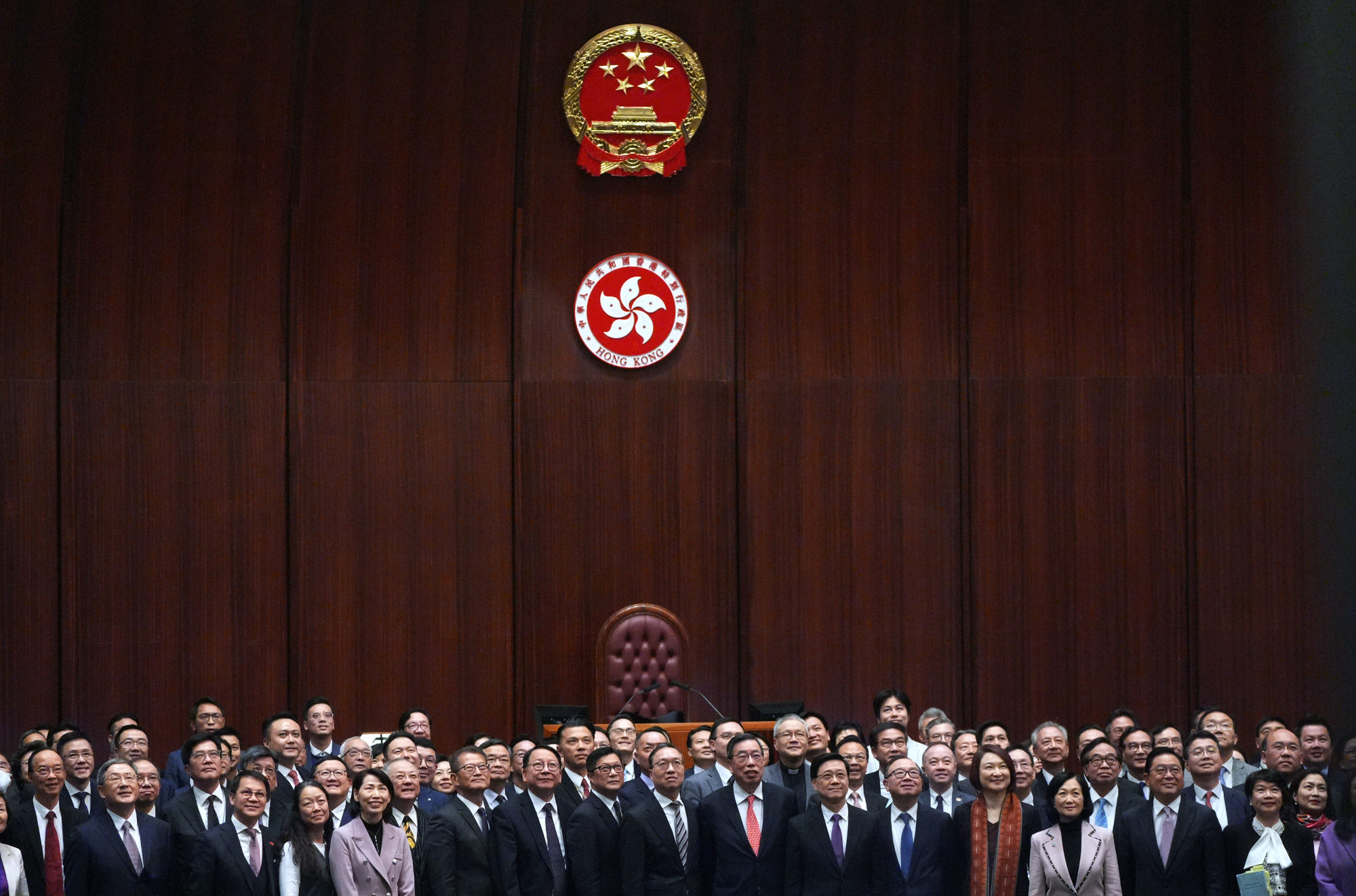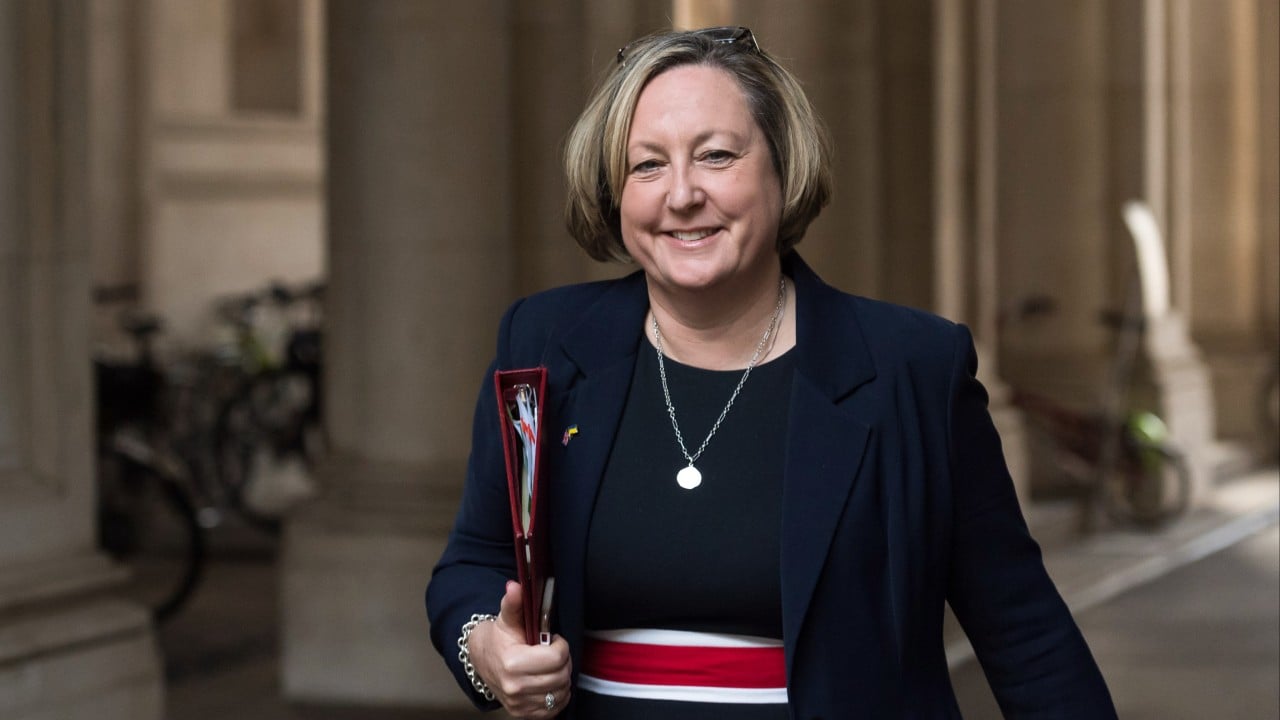Visiting UK minister to press Hong Kong authorities over ‘erosion’ of rights in city after Article 23 law passed
A senior British official has vowed to raise concerns regarding Hong Kong’s “erosion” of rights and freedom after the enactment of its domestic national security law, as she embarked on a trip to the city on Friday.
The Foreign, Commonwealth and Development Office in the United Kingdom on Friday said Minister for the Indo-Pacific Anne-Marie Trevelyan would meet authorities as she visited Hong Kong and Beijing.
“In Hong Kong, I will raise concerns on the passage and implementation of national security laws, as well as discussing our important trade links. In Beijing I will be clear about our right to act when China breaks its international commitments or violates human rights,” the minister said in the office’s statement.
“It is right we have discussions face to face and raise these issues directly with the centre of the Chinese system, making clear the UK’s position with the decision-makers in Beijing and Hong Kong.”

The office said Trevelyan would also raise issues about the erosion of rights and freedoms in Hong Kong and human rights in Xinjiang and Tibet.
But the statement did not elaborate on who she would meet in Hong Kong or mainland China.
Trevelyan will be the first British official to visit Hong Kong since the city enacted its domestic national security law, as required by Article 23 of the Basic Law mini-constitution.
The minister will also visit Shanghai and Tianjin during her trip.
She plans to speak to British businesses, academics, reporters and representatives in Chinese civil society.
Beijing accuses UK of ‘old tricks’ over report slamming Hong Kong security laws
Beijing accuses UK of ‘old tricks’ over report slamming Hong Kong security laws
The office added that the minister’s trip aimed at protecting British interests, while she would also focus on topics related to the UK-China relationship, including the importance of cooperation on global issues.
“We need China to play a constructive role in the biggest foreign policy issues of the day, like Russia’s invasion of Ukraine and the situation in the Middle East,” the minister said.
Trevelyan added that she also hoped to strengthen the UK’s cooperation with China on international issues, such as improving safety in the area of artificial intelligence.
She said it was important to engage China in tackling climate change as the country was the world’s largest investor in sustainable energy and the largest emitter of carbon dioxide.
Beijing slams Western nations’ ‘smears and attacks’ on Hong Kong Article 23 law
Beijing slams Western nations’ ‘smears and attacks’ on Hong Kong Article 23 law
The British government last month criticised Hong Kong for its passage of the security law, with Foreign Secretary David Cameron saying it used language that was difficult to interpret.
“The broad definitions of national security and external interference will make it harder for those who live, work and do business in Hong Kong,” he said.
In response, Beijing and Hong Kong authorities slammed Western nations, especially Britain, for their vocal opposition to the new law, and the central government warned critics that attempts to undermine the legislation were “doomed to fail”.
The Safeguarding National Security Ordinance covers 39 offences divided into five categories: treason; insurrection, incitement to mutiny and disaffection and acts with seditious intention; sabotage; external interference; and theft of state secrets and espionage.
Just days ago, the UK also said in its six-monthly parliamentary report on Hong Kong that dissent in the city had been “criminalised” and civil society had become “marginalised”.
“Hong Kong authorities’ efforts to stamp out ‘soft resistance’ has targeted even the most minor deviations from unwavering support for the governments of Hong Kong and China,” Cameron wrote in the report.


